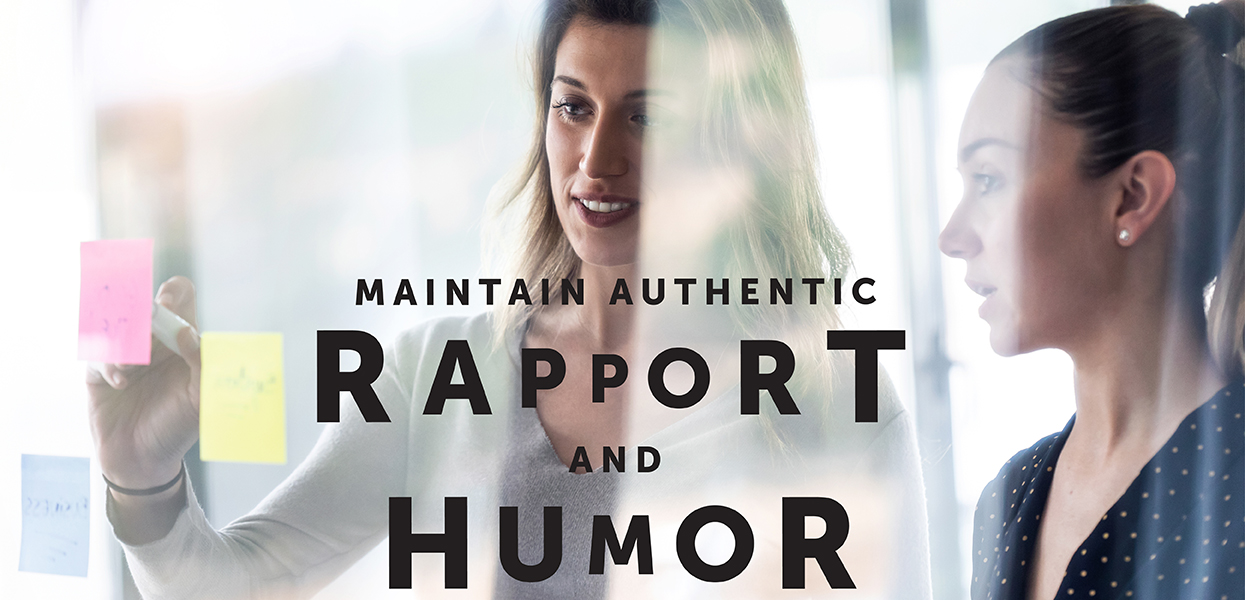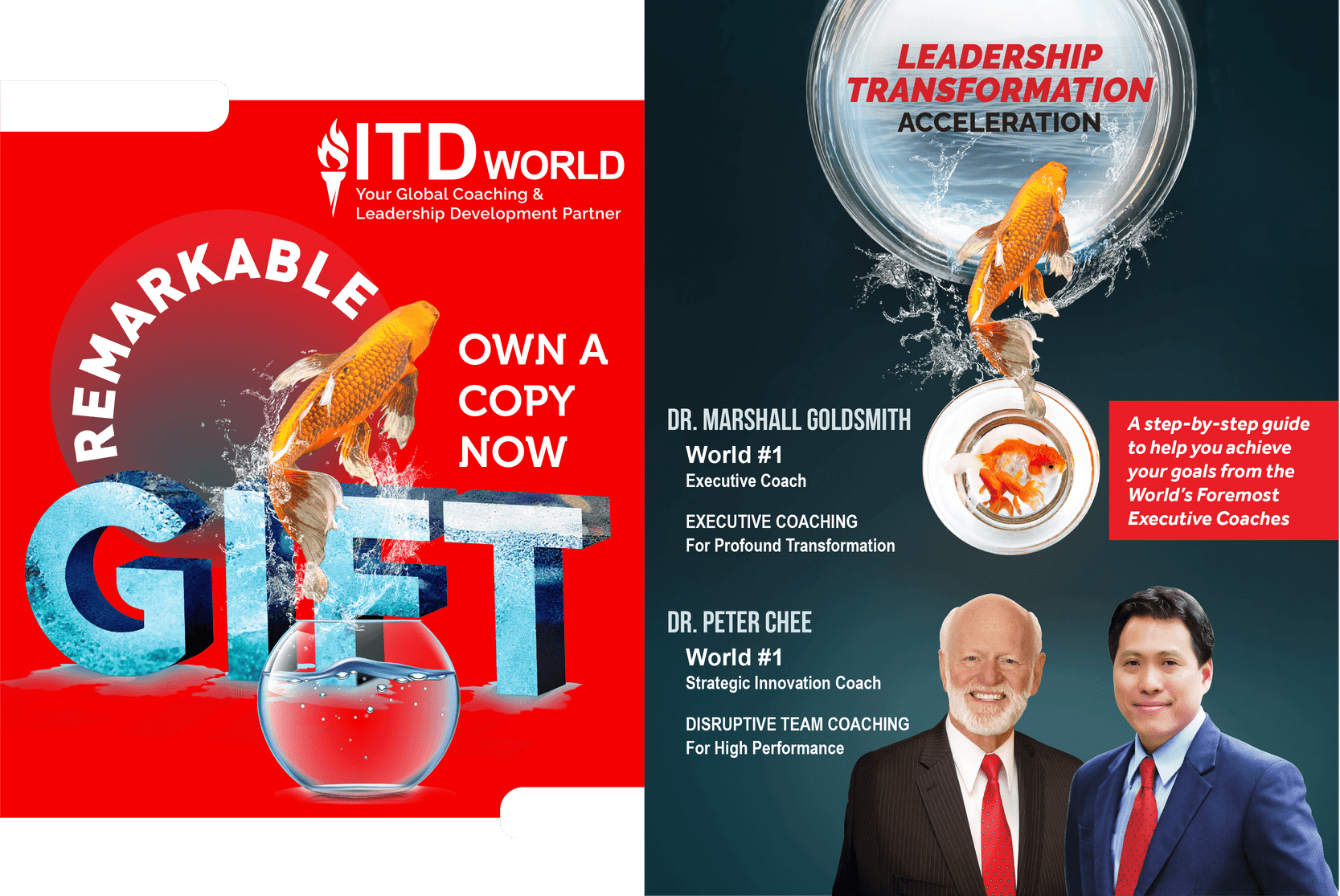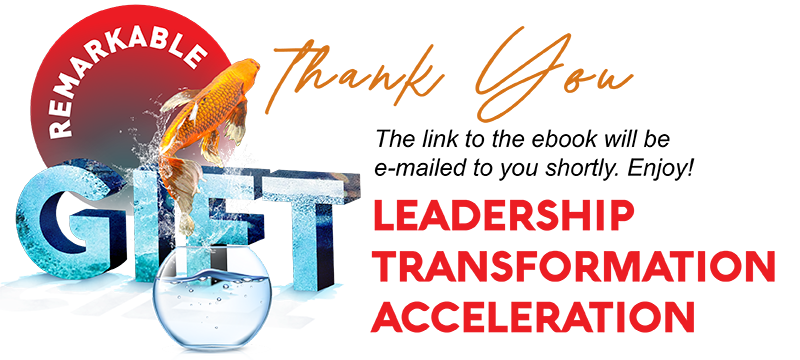


By Dr Peter Chee and Dr Jack Canfield
An excellent coaching relationship is built on maintaining authentic rapport between the coach and the coachee. The coach and the client need to relate well to each other, to feel comfortable with one another’s presence, and find common ground on which to build a positive and productive coaching relationship.
A coach who develops good rapport with their client brings them to the “same wavelength,” and the “same page.” Words such as chemistry, being in sync, similarity, understanding, and harmony have been used to define rapport. Visualize rapport as a dance in which the partners respond to and reflect each other’s movements with their own movements. Their body language complements one another as they engage in a dance of mutual responsiveness and synchronicity.

All things being equal, people will work with people they like. All things not being equal, they still will.
– John C. Maxwell

For some coaches, building rapport is something that they do naturally; others may need to learn and practice the skill of building “authentic rapport.” Take Robert as an example, a vice president of a leading bank in Madrid.
He has an unflattering reputation for being unfriendly. He does not smile very often and does not engage in idle chit-chat. He expects only the best from his people, so when they deliver results, he does not compliment or give appreciation. He only talks to his people when there is a problem that needs to be solved, and when he does, he gives them instructions on what to do and what not to do.
Robert realized he was not establishing rapport with his people after attending a leadership course for senior management. He started to smile a bit more and made a conscious effort to remember their names, blocked out time to get to know more about them. It was not idle chit-chat anymore; rather it was an opportunity to better understand where his people were coming from.
He internalized the lesson of “becoming genuinely interested in people” and “make the other person feel important, and do it sincerely”, as outlined by Dale Carnegie in his classic book How to Win Friends and Influence People.
Taking his development further, he started adopting Neuro-Linguistic Programming (NLP) in his coaching conversations as part of his arsenal of rapport-building tools and techniques. He learned that NLP uses “mirroring” as a method to show interest and build rapport. This means mirroring the other person but not necessarily acting in exactly the same way. How a person looks, talks, and acts contribute to your impression that the person you’re talking to is either like you or different from you. Literally and figuratively, people like people who are most similar to them.
Robert also used humor to add color to his coaching conversations. A big smile, shared laughter, and a warm atmosphere goes a long way to break the ice and strengthen the bond. He discovered this bond can prove to be valuable when the coaching relationship is put to the test, when he and his people confront challenging issues, and when difficult decisions need to be made.
How to Win Friends & Influence People
>>
becoming genuinely interested
in people
>>
make the other person feel important, and do it sincerely

A well-developed sense of humor can generate hope and optimism, improve overall mood states, and yes, ignite joy and laughter—and it has been said that laughter is the best medicine. Not only has laughter been scientifically proven to be beneficial to a person’s health, it has also been known to improve communication, reduce anxiety, relax the muscles, lower the defenses, and bring a sense of connection and shared experience. Maintaining authentic rapport and humor will help you reap a bountiful harvest in coaching.

If I had no sense of humor, I would long ago have committed suicide.
– Mahatma Gandhi

TRANSFORMATIONAL COACHING QUESTIONS
EUREKA VIDEO
LATEST HAPPENINGS AT ITD WORLD
Support your organization’s talent development goals with ITD World’s Certification in Instructional Design and Development (CIDD) that is HRDC claimable.
Leverage on creativity, instructional design principles, and adult learning theories to create engaging instructional materials for effective learning and knowledge transfer.
With this certification, you are will be equipped with the capabilities to accelerate learning and development that builds competitive advantage for your team and organization.
Register today and we will get back to you soonest!
FURTHER RESOURCES



